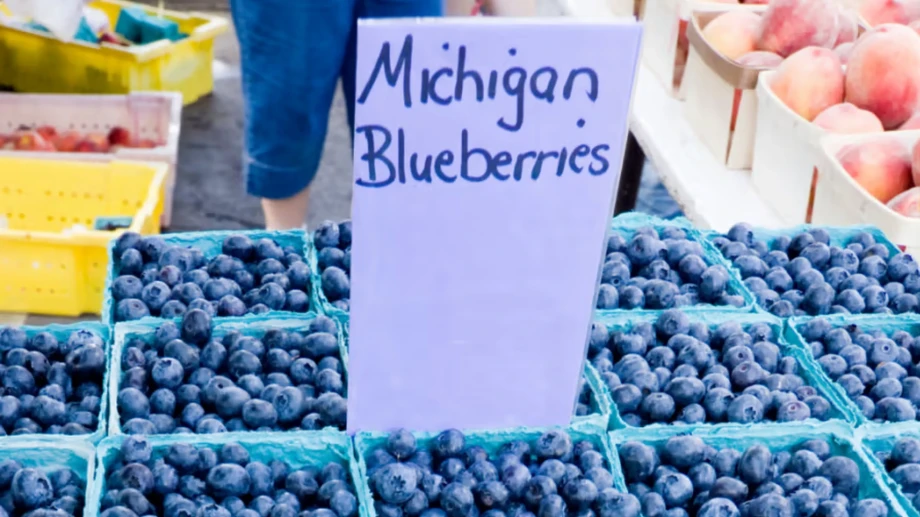The cultivation of blueberries in Michigan, a tradition passed down through generations, is facing a crisis due to rising operating costs and difficulties in finding labor. Bill Fritz, president of the Michigan Blueberry Growers Association, does not hide his concern. Owner of a sixth-generation family farm, Fritz began his farming activity in 1956, but today he sees increasingly threatening clouds on the horizon.
Pressure from labor costs and operational expenses is endangering the survival of many producers, and Fritz fears that some may soon be forced to close.
The H-2A program: what it is and how it works
A key element of this crisis is the H-2A program, an initiative that allows fruit and vegetable producers in the United States to hire foreign workers temporarily to address the shortage of local labor. However, Fritz does not see the program as an effective solution for their needs.
The H-2A program was created to address the shortage of agricultural labor in the United States, allowing farmers to hire seasonal workers from abroad for limited periods. In theory, this should alleviate the difficulties for growers unable to find local workers. However, many producers, including Fritz, state that the costs associated with H-2A are unsustainable.
According to the program, employers must pay H-2A workers a higher wage than the state minimum wage, to ensure that the domestic labor market is not compromised. In Fritz's case, this means workers must be paid up to 80% more than the minimum wage. “If they raise the wage to $20 (about 19 euros) per hour this year, it will no longer be feasible for us to continue,” Fritz says, explaining the heavy economic impact on his business budget.
Rising operational costs and pressure from imports
In addition to labor costs, producers like Fritz are facing an escalation of operating costs. "The cost of everything has gone up: fuel, fertilizers, chemicals," Fritz explains, highlighting how inflation has further worsened the situation. The rising expenses are hard to manage, and Fritz states that his company is desperately seeking ways to ease this economic burden.
Another factor putting pressure on American growers is the competition from imports, especially from Peru. The lower prices and constant availability of imported blueberries have forced many local companies to downsize their operations. Fritz's company, for instance, which used to provide custom harvesting for other producers in western Michigan, has had to revise its strategy due to the lack of labor and foreign competition.
The need for reform
According to Fritz, one of the most urgent requests from members of the Michigan Blueberry Growers Association is a revision of the H-2A program, particularly regarding wages. "We would like H-2A wages to be set at a single rate for all U.S. producers, rather than being determined regionally," Fritz says.
The difference in wages imposed regionally creates inequalities among producers, and Fritz hopes that a fixed rate could offer some financial relief to all growers relying on the program.
In conclusion, the situation for blueberry producers in Michigan is becoming increasingly difficult. The combination of high labor costs, rising operating expenses, and competition from imports puts the survival of many historic farms at risk. Without a significant reform of the H-2A program and measures to alleviate rising costs, the future for many blueberry growers could be uncertain.







